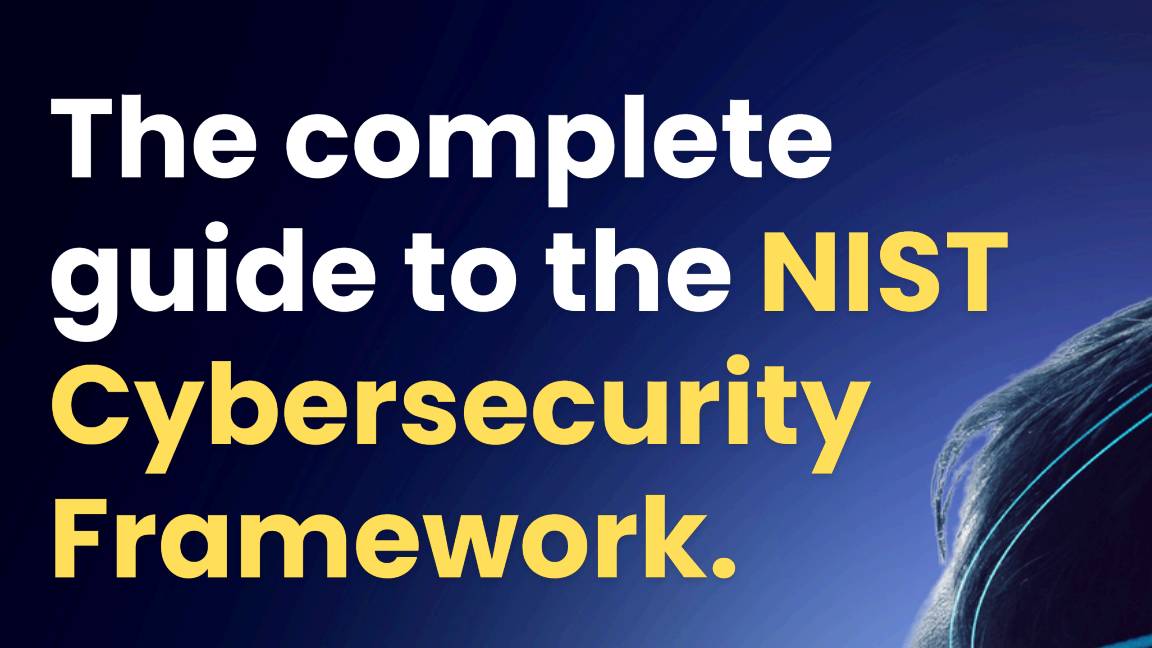Ticketmaster fined $10 million for hacking into rival’s systems
A former Crowdsurge employee provided Ticketmaster execs with credentials to access an internal password-protected system


Ticketmaster has been fined $10 million (£7.3 million) after senior staff used stolen credentials to illegally access an industry rival’s password-protected platform as part of a scheme to “choke off” the competition.
The fine has been levied by the US Department of Justice following years of legal proceedings, with Ticketmaster having been charged with several counts of computer intrusion and fraud with regards to breaching the systems of its competitor, Crowdsurge.
These charges centre on an anticompetitive scheme Ticketmaster devised after an ex-Crowdsurge employee, who moved to the firm in 2013, emailed executives URLs as well as multiple sets of usernames and passwords to access an internal tool. The intrusion, which lasted until 2015, informed a conscious strategy to “cut [Crowdsurge] off at the knees”.
“Ticketmaster employees repeatedly – and illegally – accessed a competitor’s computers without authorization using stolen passwords to unlawfully collect business intelligence,” said acting US attorney Seth DuCharme.
“Further, Ticketmaster’s employees brazenly held a division-wide ‘summit’ at which the stolen passwords were used to access the victim company’s computers, as if that were an appropriate business tactic. Today’s resolution demonstrates that any company that obtains a competitor’s confidential information for commercial advantage, without authority or permission, should expect to be held accountable in federal court.”
While Ticketmaster sells and distributes tickets for events and concerts, Crowdsurge offers artists the ability to sell presale tickets in advance of general sales. The Artist Toolbox, which Ticketmaster illegally infiltrated, is an app that provides real-time data about tickets sold through the company.
The employee, known as coconspirator-1, emailed the former head of Ticketmaster’s Artist Services division, Zeeshan Zaidi, as well as a second executive, multiple account credentials for Toolboxes. Coconspirator-1 encouraged them to “screen-grab the hell out of the system”, with this information subsequently used to prepare a presentation for other executives intended to ‘benchmark’ Ticketmaster’s offerings against Crowdsurge’s
Get the ITPro daily newsletter
Sign up today and you will receive a free copy of our Future Focus 2025 report - the leading guidance on AI, cybersecurity and other IT challenges as per 700+ senior executives
As part of a presentation company summit in May 2014, coconspirator-1 used multiple usernames and passwords he had retained from his employment to log-into Toolbox. He also provided executives with confidential financial documents.
This led to a promotion and pay rise, with the former Crowdsurge employee then emailing a colleague to say “now we can really start to bring down the hammer” on the victim company. Ticketmaster employees continued to access the password-protected platform until December 2015, according to the US Department of Justice.
It’s illegal for employees to take certain information with them when they move from one workplace to another, and in the UK constitutes a violation of the Computer Misuse Act (CMA). Various historic studies have illustrated how much of a threat this practice is to businesses, with one study in 2016 suggesting a third of ex-workers break the CMA in this way.
“Ticketmaster terminated both Zaidi and Mead in 2017," a spokesperson told IT Pro, "after their conduct came to light. Their actions violated our corporate policies and were inconsistent with our values. We are pleased that this matter is now resolved.”

Keumars Afifi-Sabet is a writer and editor that specialises in public sector, cyber security, and cloud computing. He first joined ITPro as a staff writer in April 2018 and eventually became its Features Editor. Although a regular contributor to other tech sites in the past, these days you will find Keumars on LiveScience, where he runs its Technology section.
-
 Bigger salaries, more burnout: Is the CISO role in crisis?
Bigger salaries, more burnout: Is the CISO role in crisis?In-depth CISOs are more stressed than ever before – but why is this and what can be done?
By Kate O'Flaherty Published
-
 Cheap cyber crime kits can be bought on the dark web for less than $25
Cheap cyber crime kits can be bought on the dark web for less than $25News Research from NordVPN shows phishing kits are now widely available on the dark web and via messaging apps like Telegram, and are often selling for less than $25.
By Emma Woollacott Published
-
 "Thinly spread": Questions raised over UK government’s latest cyber funding scheme
"Thinly spread": Questions raised over UK government’s latest cyber funding schemeThe funding will go towards bolstering cyber skills, though some industry experts have questioned the size of the price tag
By George Fitzmaurice Published
-
 Modern enterprise cybersecurity
Modern enterprise cybersecuritywhitepaper Cultivating resilience with reduced detection and response times
By ITPro Published
-
 IDC InfoBrief: How CIOs can achieve the promised benefits of sustainability
IDC InfoBrief: How CIOs can achieve the promised benefits of sustainabilitywhitepaper CIOs are facing two conflicting strategic imperatives
By ITPro Published
-
 The complete guide to the NIST cybersecurity framework
The complete guide to the NIST cybersecurity frameworkWhitepaper Find out how the NIST Cybersecurity framework is evolving
By ITPro Published
-
 Are you prepared for the next attack? The state of application security in 2024
Are you prepared for the next attack? The state of application security in 2024Webinar Aligning to NIS2 cybersecurity risk-management obligations in the EU
By ITPro Published
-
 The economics of penetration testing for web application security
The economics of penetration testing for web application securitywhitepaper Get the most value from your security solution
By ITPro Published
-
 How to extend zero trust to your cloud workloads
How to extend zero trust to your cloud workloadsWhitepaper Implement zero trust-based security across your entire ecosystem
By ITPro Published
-
 Four requirements for a zero trust branch
Four requirements for a zero trust branchWhitepaper Effectively navigate the complex and ever-changing demands of security and network connectivity
By ITPro Published